
Culture
20:47, 31-Aug-2017
Heatwave in Italy stressing wine industry, to result in smallest harvest in 60 years
CGTN
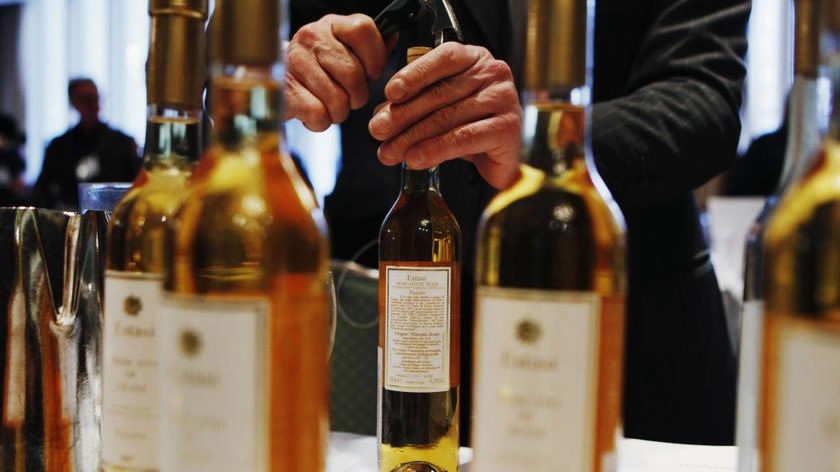
Italy's wine industry is reeling this year from what one veteran winemaker called a "terrible combination" of events, starting with an unusually cold spring, followed by record heat in the summer, all of which has been made worse by a months-long drought.
"One or two of those things would have an impact, but all three together are a terrible combination for the wine industry," Marco Rosati, technical director of Tenuta di Tracciano, a mid-sized winemaker in Sovicille, in Tuscany, said in an interview.
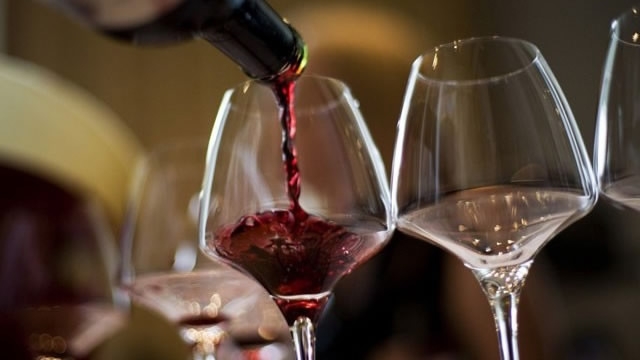
Reuters Photo
Reuters Photo
Rosati estimated production for Tenuta di Tracciano this year could be as low as half the 80,000 or so bottles the vineyard produces in a normal year.
Across Italy, the story is similar: Winemakers from the southern tip of the island of Sicily to the Alpine regions in Italy's north report that grape vines were weakened by an unseasonal frost in April and further hurt by weeks after weeks of hot and dry weather that in many parts of the country topped 40 degrees Celsius (104 degrees Fahrenheit) for much of the month of July.
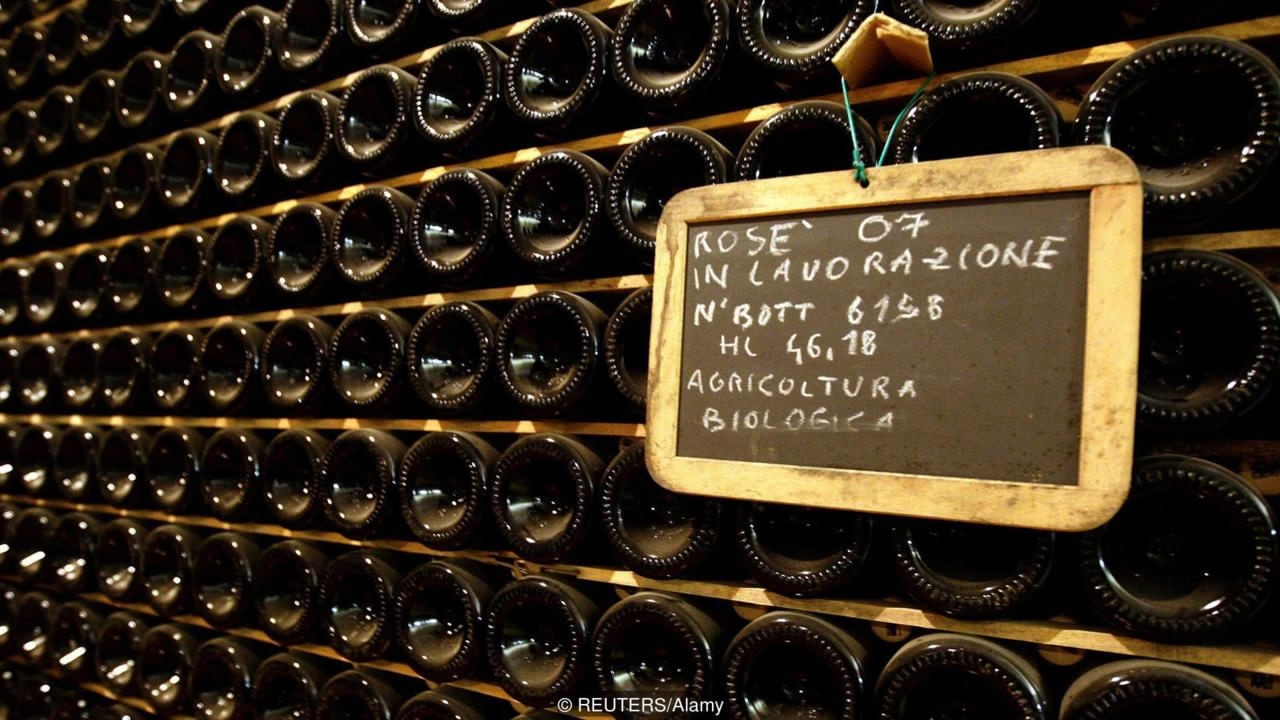
Sparkling wine in Franciacorta, where it is Italy’s most unspoiled, elite wine paradise. /Reuters Photo
Sparkling wine in Franciacorta, where it is Italy’s most unspoiled, elite wine paradise. /Reuters Photo
"It started to seem as if everything bad that could happen would happen," Domenico Bosco, head of the wine section for Coldiretti, Italy's main agriculture industry group, told Xinhua.
It was enough that winemakers on the Italian islands of Sicily and Sardinia began harvesting their grapes in July for the first time on record. In Tuscany, central Italy's main grape growing region, the harvest began in late August, around three weeks ahead of schedule. In Piedmont, the main wine growing region in the north, winemakers are expecting to start two to three weeks earlier than normal.
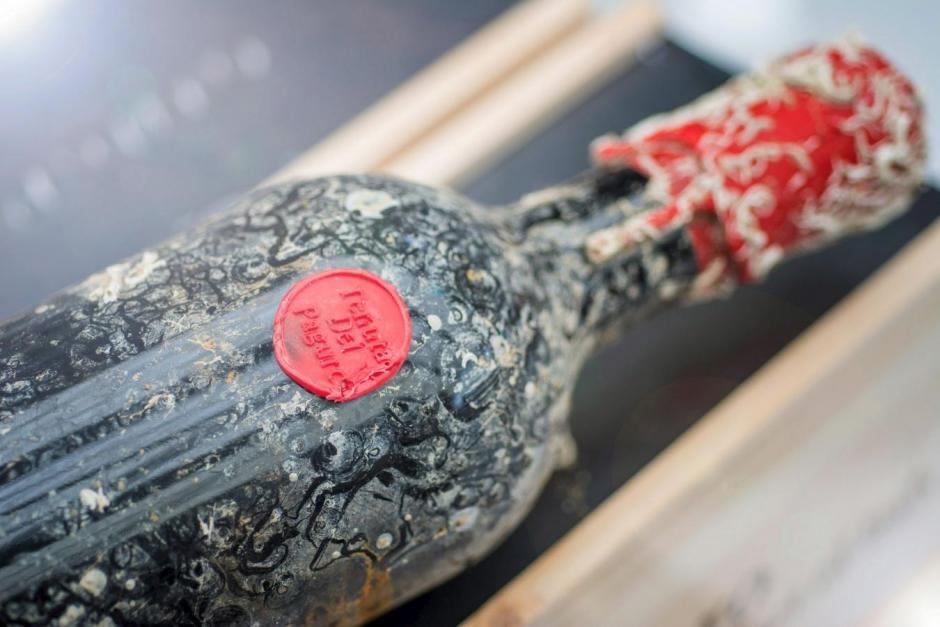
A bottle of wine from Italian winery Tenuta del Paguro is seen in this handout photograph taken in London July 20, 2015. /Reuters Photo
A bottle of wine from Italian winery Tenuta del Paguro is seen in this handout photograph taken in London July 20, 2015. /Reuters Photo
Though the concrete figures will not be available until after harvesting is complete in late September or early October, Assoenologi, Italy's main wine sector lobby group, estimates this year's harvest could be Italy's smallest in 60 years, down by a quarter compared to last year.
It could have been even worse: Bosco said winemakers have learned to take advantage of new technologies and experience from other hot years to reduce the negative impacts of hot weather.
Through the use of drones and satellite data, for example, they can recognize problems in the vineyard before they start to hurt production. Techniques used after the harvest can be adjusted to minimize defects extreme weather can create.
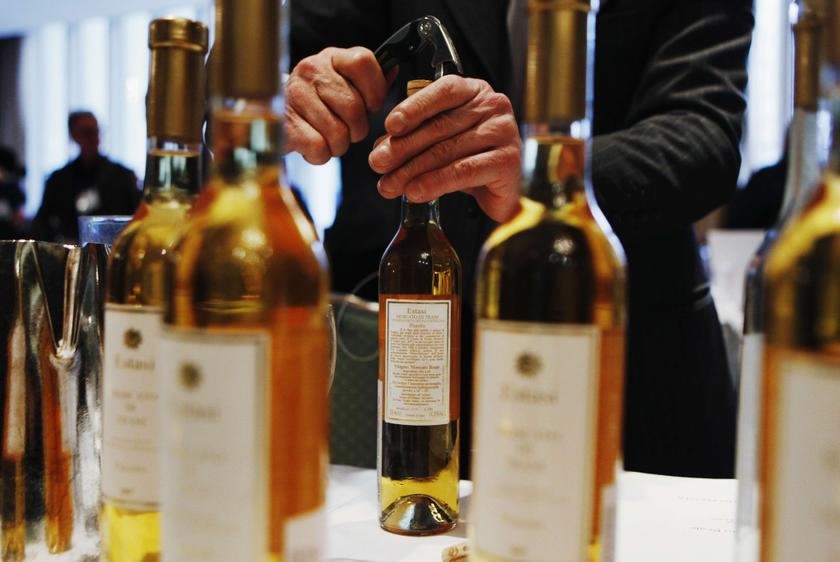
An exhibitor opens a bottle of Estasi wine from the Passito vineyards during the Vino 2010 Italian Wine Week event in New York in February 5, 2010. /Reuters photo
An exhibitor opens a bottle of Estasi wine from the Passito vineyards during the Vino 2010 Italian Wine Week event in New York in February 5, 2010. /Reuters photo
"Someone who makes wine cannot be like a farmer with a crop he can just switch from one season to the other if the situation changes," Bosco said. "A grape vine doesn't produce useful grapes for the first few years of its life, but afterwards it can be productive for 30 or 40 years or more. That means adjustments have to be made gradually."
Because of global climate change, what would have once been once-in-a-generation heat waves like the one this year are expected to become more common.
For now, the problem remains manageable. But if it continues, big changes could be required for Italy to maintain its place near the top of the list of the world's top wine growing nations.
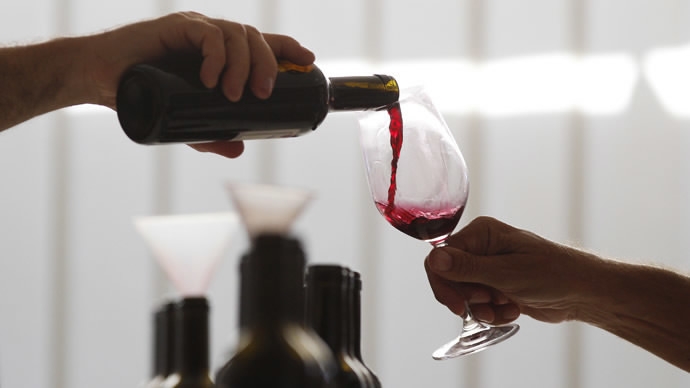
Reuters Photo
Reuters Photo
"For this year, it's likely to be a case of quantity dropping but quality still being strong," Lorenzo Tersi, a commercial wine consultant, said in an interview. "But if it continues, winemakers will have to start looking at the possibility of switching to more heat resistant grape varieties."
For Rosati, the Tuscan winemaker, the thought of frequent years like 2017 makes him shudder.
"These grape vines will be weaker in 2018 because of this year," he said. "This year has already been extremely difficult. If this sort of thing continues in future seasons, I really don't know what we'll do."
Source(s): Xinhua News Agency

SITEMAP
Copyright © 2018 CGTN. Beijing ICP prepared NO.16065310-3
Copyright © 2018 CGTN. Beijing ICP prepared NO.16065310-3